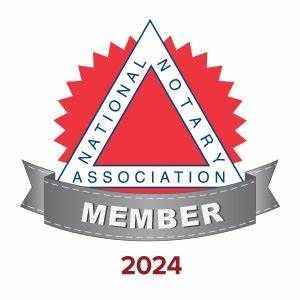The Limitations of Miracle Signature as your Notary Public

Understanding What a Notary Can and Cannot Do
While notary public services are invaluable for many legal and business transactions, there are certain limitations to what a notary can and cannot do. Understanding these limitations is important to ensure that you are using notary services appropriately and legally.
One of the primary limitations is that notaries cannot provide legal advice or draft legal documents. They are not attorneys and do not have the authority to offer legal counsel. Their role is limited to verifying the identity of signers, witnessing signatures, and administering oaths and affirmations. If you need legal advice or assistance with drafting legal documents, you should consult with a licensed attorney.
Notaries also cannot notarize documents in which they have a personal interest. For example, a notary cannot notarize a document in which they are named as a party or have a financial interest. This helps prevent conflicts of interest and ensures the impartiality of the notary.
Additionally, notaries must adhere to state laws and regulations governing their duties. This includes maintaining a notary journal, using an official notary seal, and following specific procedures for notarizing documents. Failure to comply with these requirements can result in penalties and the revocation of the notary's commission.



